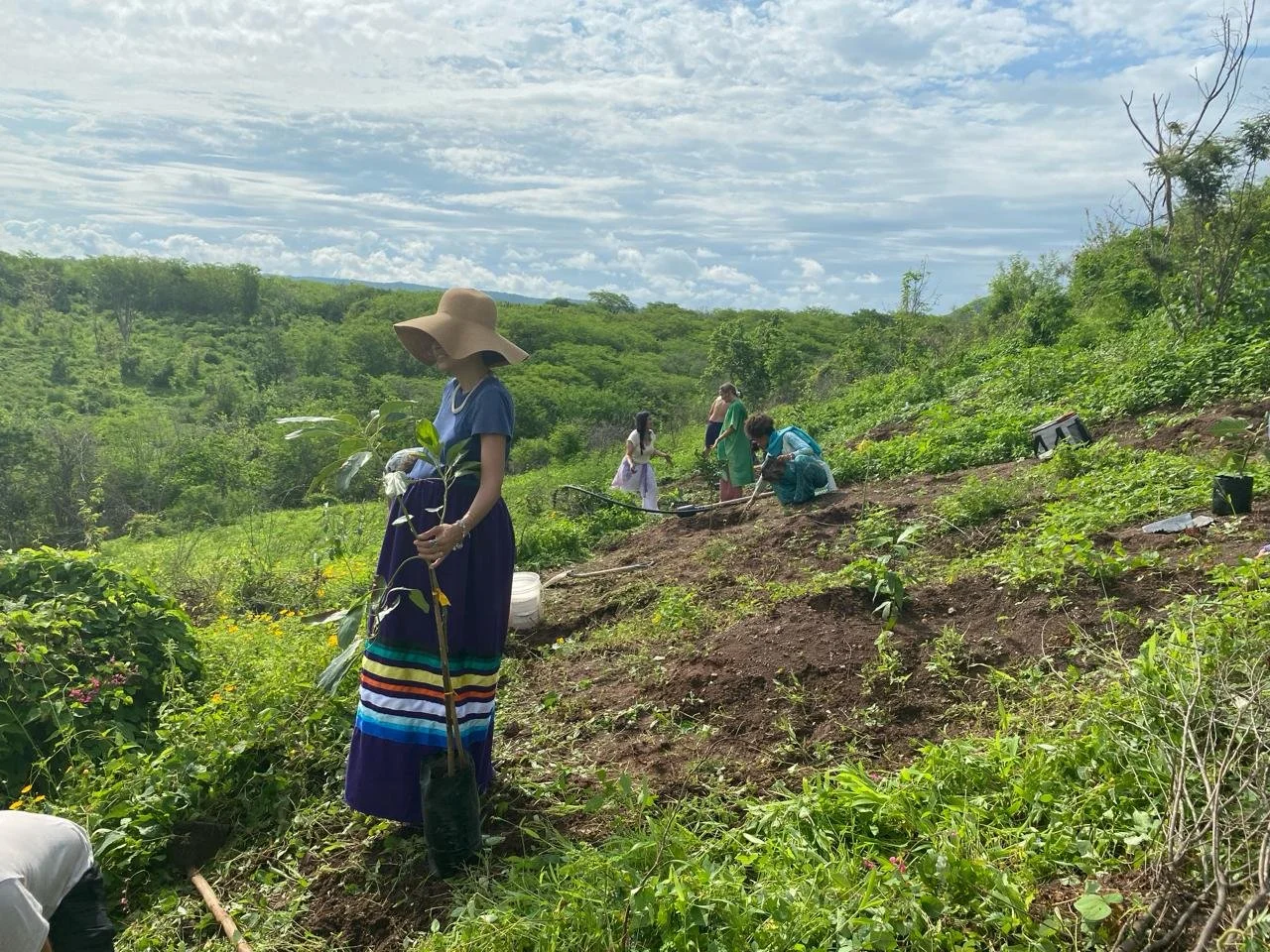Sustainable Land Stewardship
Indigenous peoples have proved to be the best stewards of land on our planet. It suffices to acknowledge that their cultures have left us its greatest “natural legacy”: the most preserved ecosystems. This is because their relationship to the environment is intricately tied to their social, cultural and spiritual practices. Land is a commons to them. No one has greater or lesser access to it. Within each indigenous community, and to the extent that such communities ally themselves to others to practice fair exchange, the relationship of people to land enhances social relationships and vice-versa. Land for them is therefore at the base of social justice. What we call "nature" is like an "open book" (or “open film”) indigenous peoples learn from by practicing their traditions. In their perspective, there is no "nature" separate from land, culture and spirituality. Land, culture and spirituality are but one portal. Nature devoid of this is but a figment of our imagination. The common denominator for human beings, animals, plants and spirits is actually life. All living beings are equal, for they are equal forms of life. Indigenous people's stewardship of land is thus sustainable because it is not something detached from the fabric of life and its rhythms. No human being can be called wise who does not know the ways and secrets of the land. The Yaqui culture of Mexico holds this secret in a nutshell: “Yaqui” comes from “Hiaki” (“land”). People are but land. Indigenous peoples have sustained land to sustain life, culture and spirituality. Contrast that to the destruction we see in that world we have conceived. With humility, we should devolve the stewardship of land to indigenous peoples or must learn to replicate what their sophisticated ways and philosophies have devised.
